By Christopher Miskimon
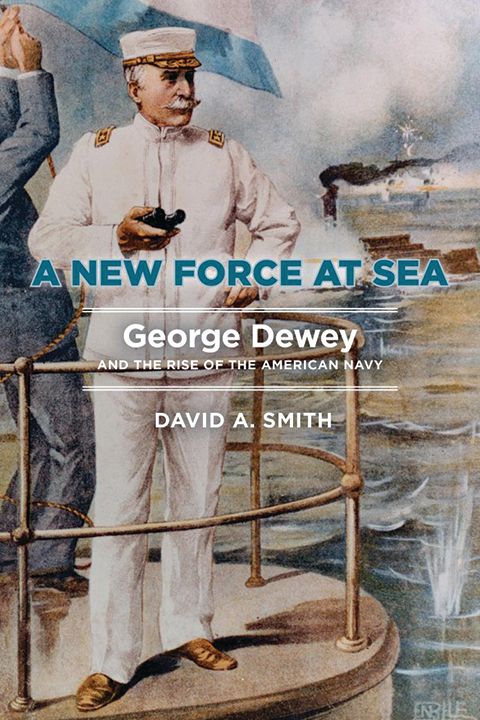 George Dewey proved one of the most important naval officers of the last half of the 19th Century. Graduating from the then-new U.S. Naval Academy in 1858, he served with distinction in the American Civil War. After the war, the US Navy suffered from budget cuts and the general disinterest of the American public. Dewey stayed in the navy and by 1898 commanded a squadron of ships in the Pacific. During the Spanish American War, his victory at the Battle of Manila Bay brought him instant fame and recognition. The relatively easy success of that war also encouraged the United States to take a more active role on the world stage, which required naval expansion. Dewey made an abortive effort to become the Democratic nominee for president in 1900, but instead remained in the navy and became chairman of its new General Board. This board studied issues of interest to a navy whose roles were quickly widening. In 1903 he was given the rank of Admiral of the Navy, which he held until his death in 1917.
George Dewey proved one of the most important naval officers of the last half of the 19th Century. Graduating from the then-new U.S. Naval Academy in 1858, he served with distinction in the American Civil War. After the war, the US Navy suffered from budget cuts and the general disinterest of the American public. Dewey stayed in the navy and by 1898 commanded a squadron of ships in the Pacific. During the Spanish American War, his victory at the Battle of Manila Bay brought him instant fame and recognition. The relatively easy success of that war also encouraged the United States to take a more active role on the world stage, which required naval expansion. Dewey made an abortive effort to become the Democratic nominee for president in 1900, but instead remained in the navy and became chairman of its new General Board. This board studied issues of interest to a navy whose roles were quickly widening. In 1903 he was given the rank of Admiral of the Navy, which he held until his death in 1917.
This new biography of an important naval officer is both well-detailed and readable, with a smooth narrative. While Manila Bay was Dewey’s famed moment, he had wider effects on the navy and this work brings those often-ignored facts to light.
A New Force at Sea: George Dewey and the Rise of the American Navy (David A. Smith, Naval Institute Press, Annapolis MD, 2023, 356 pp., photographs, notes, bibliography, index, $44.95, HC)
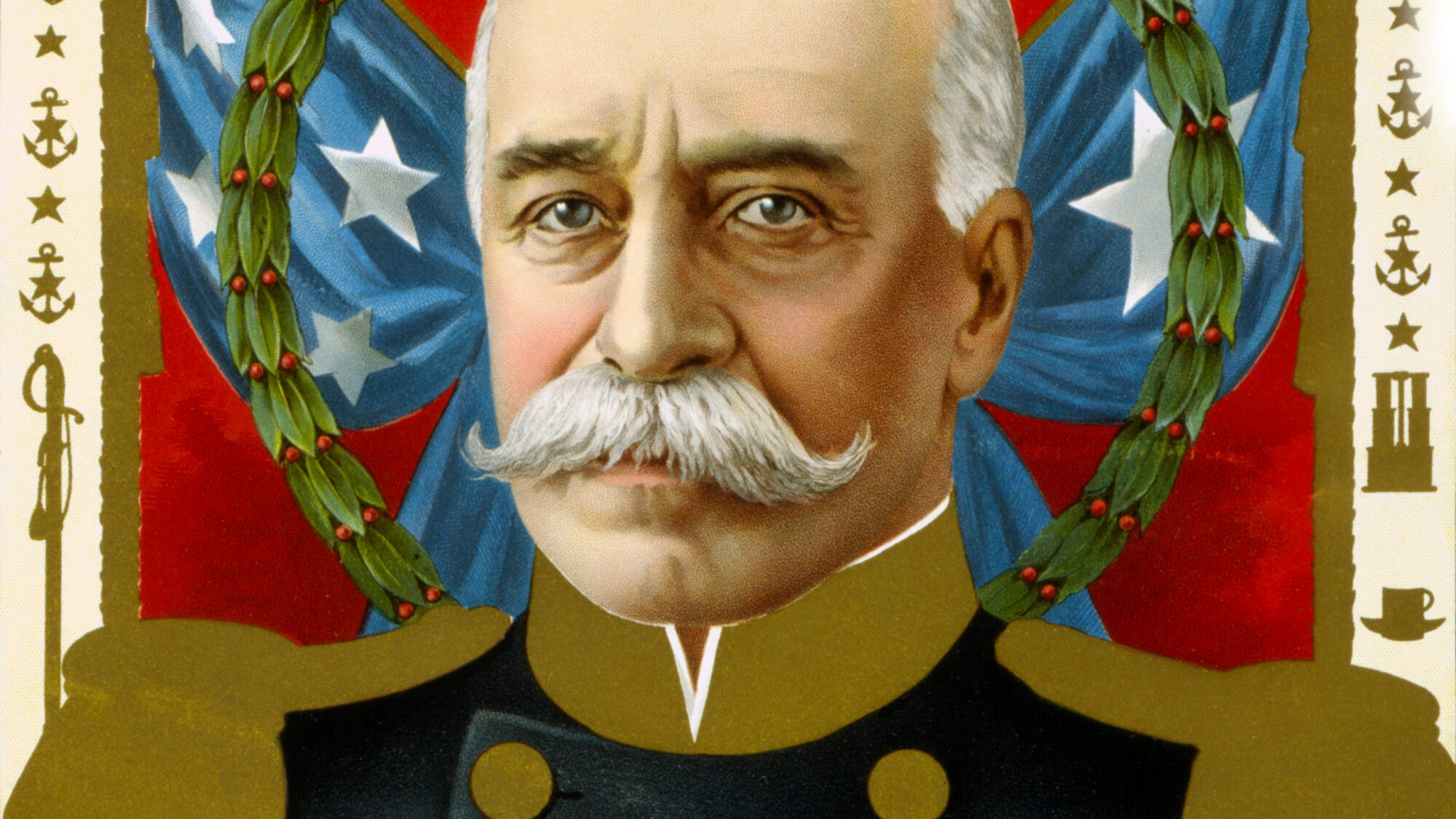
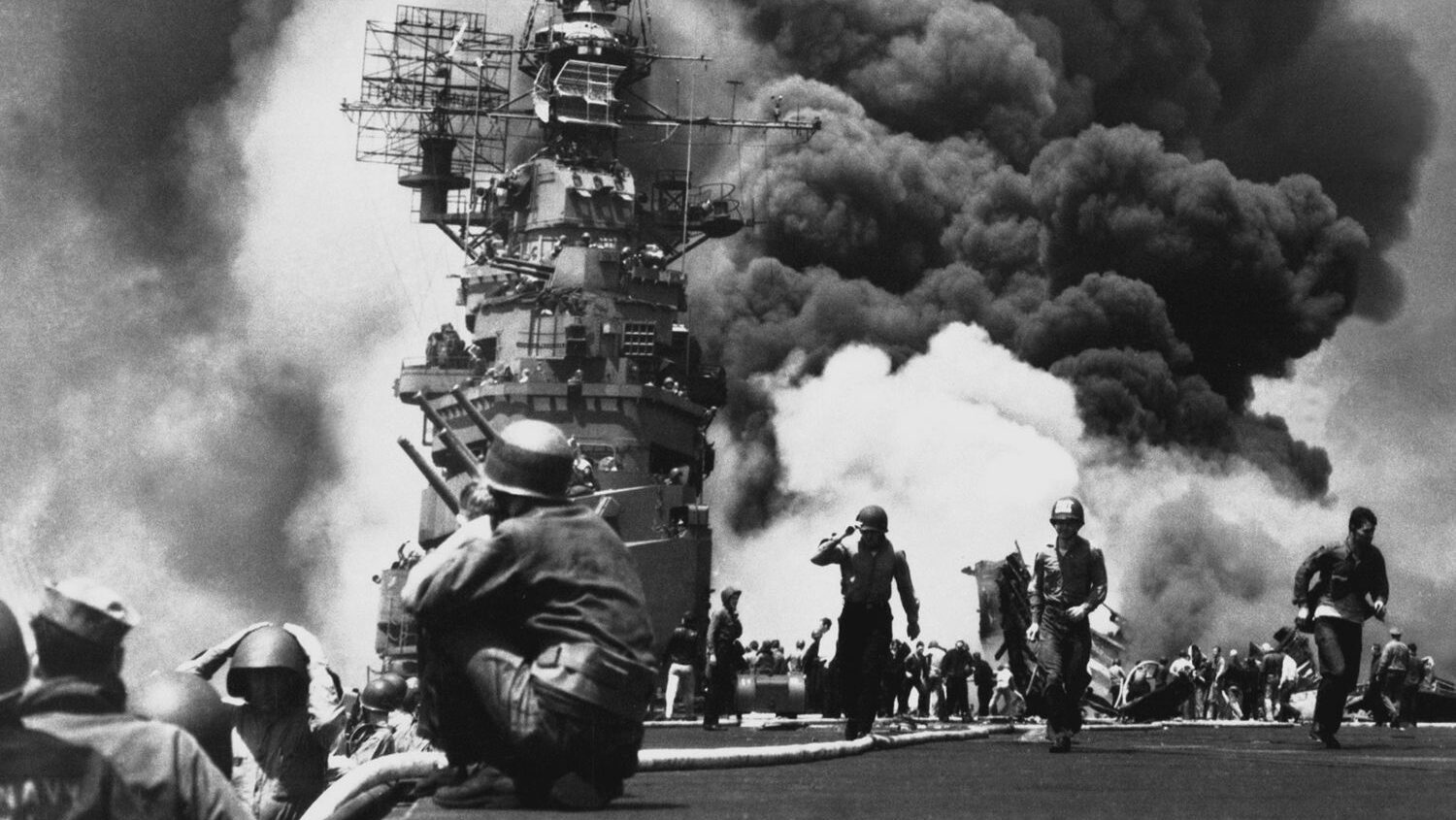
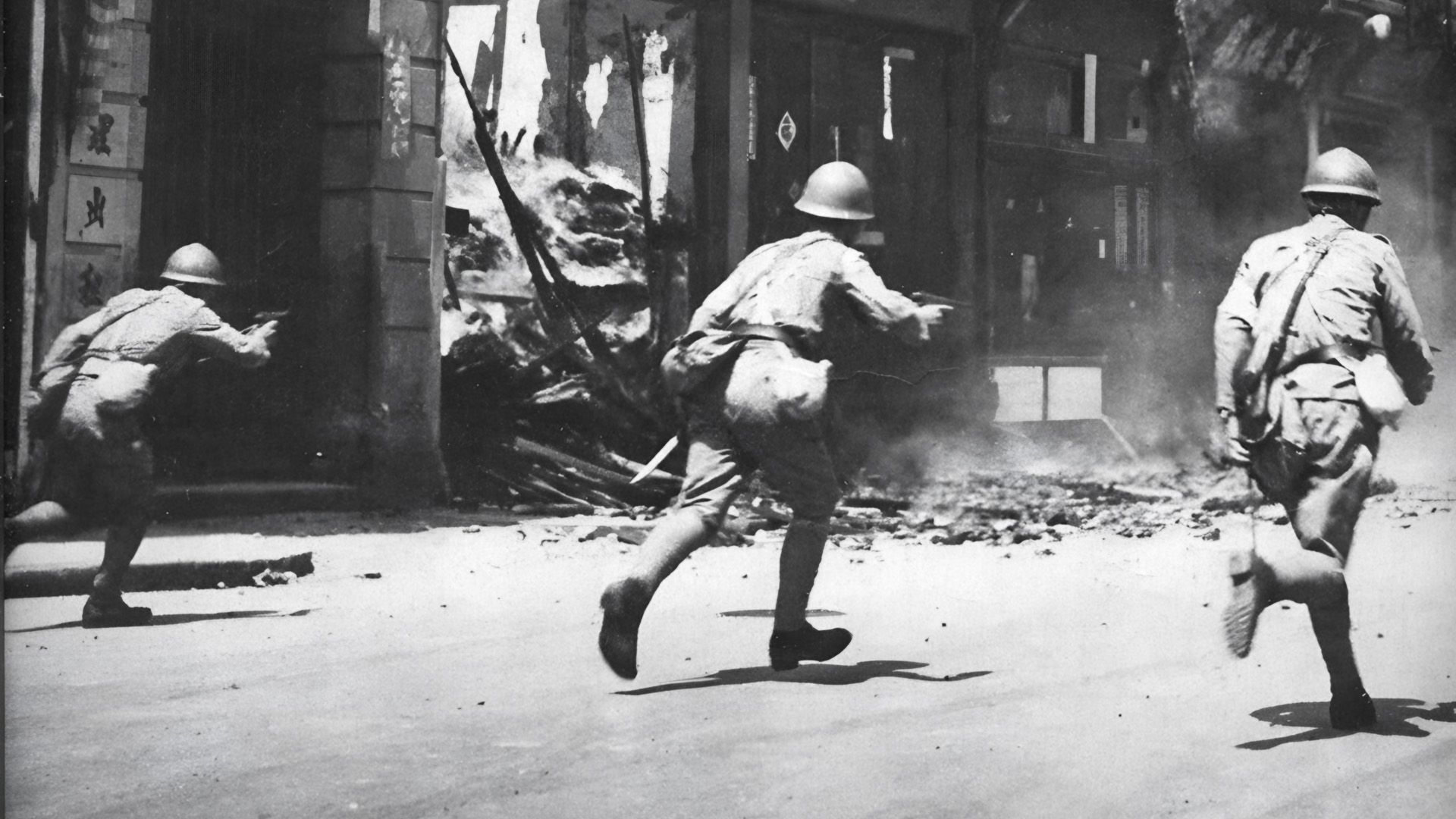
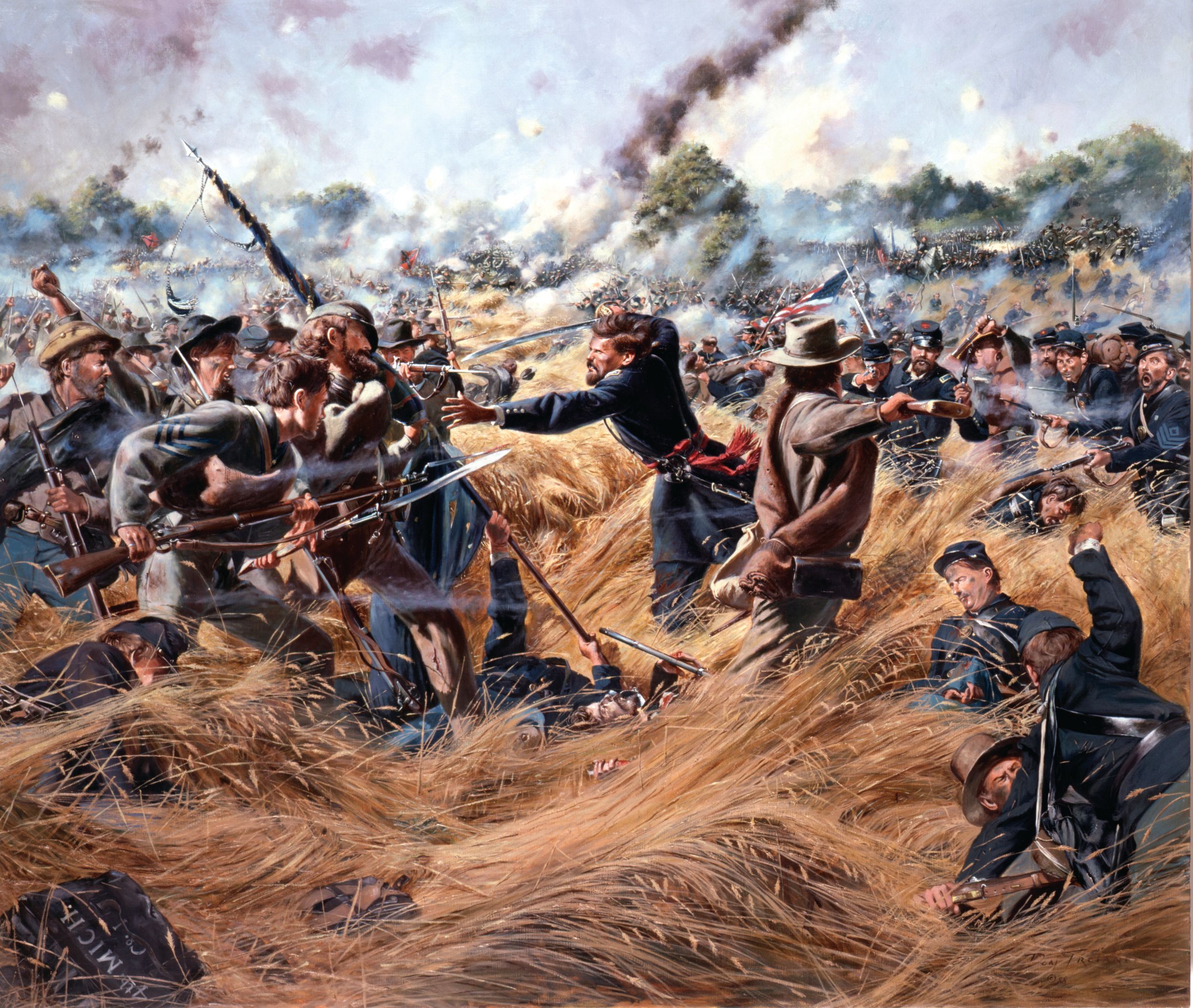
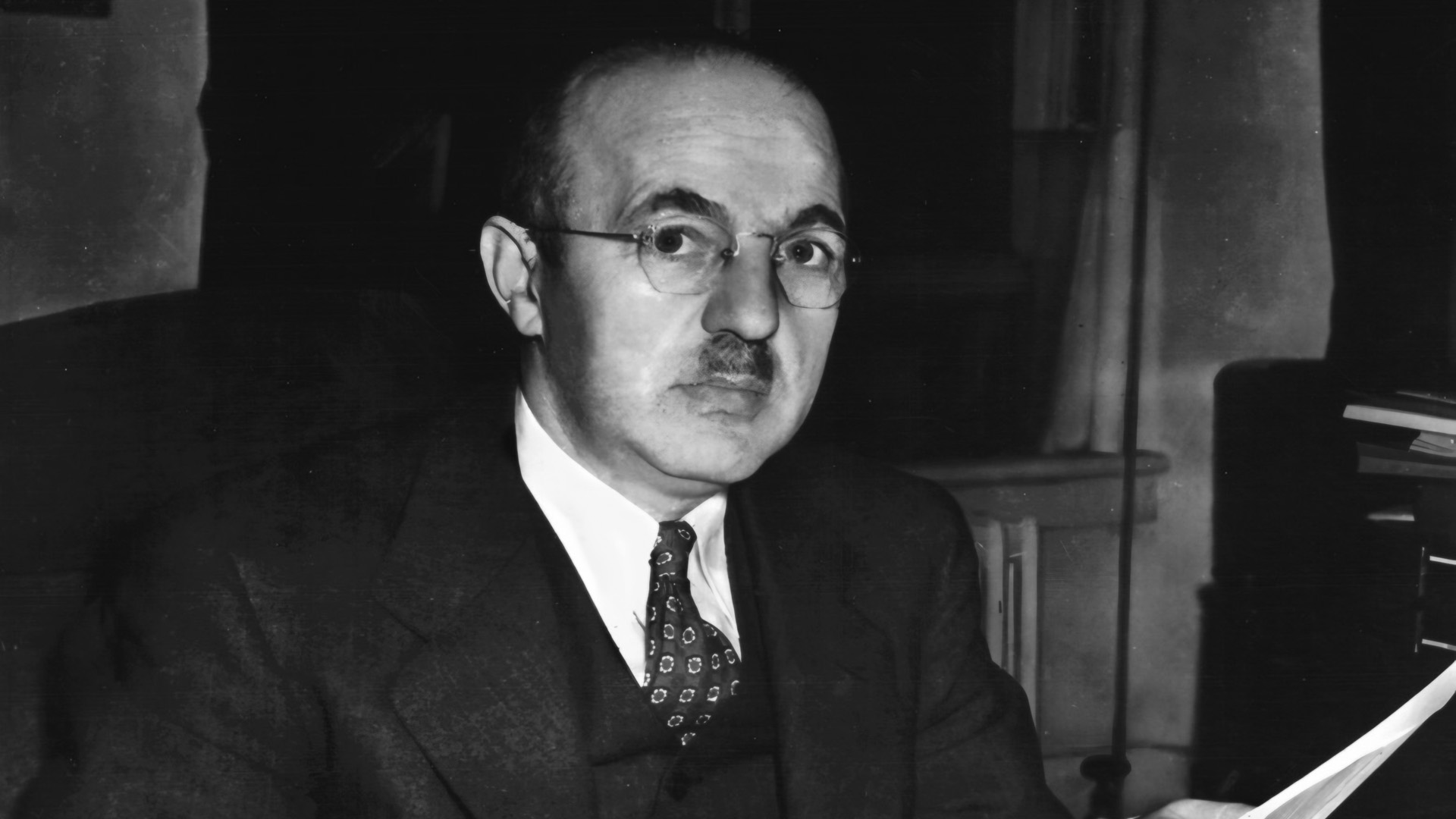

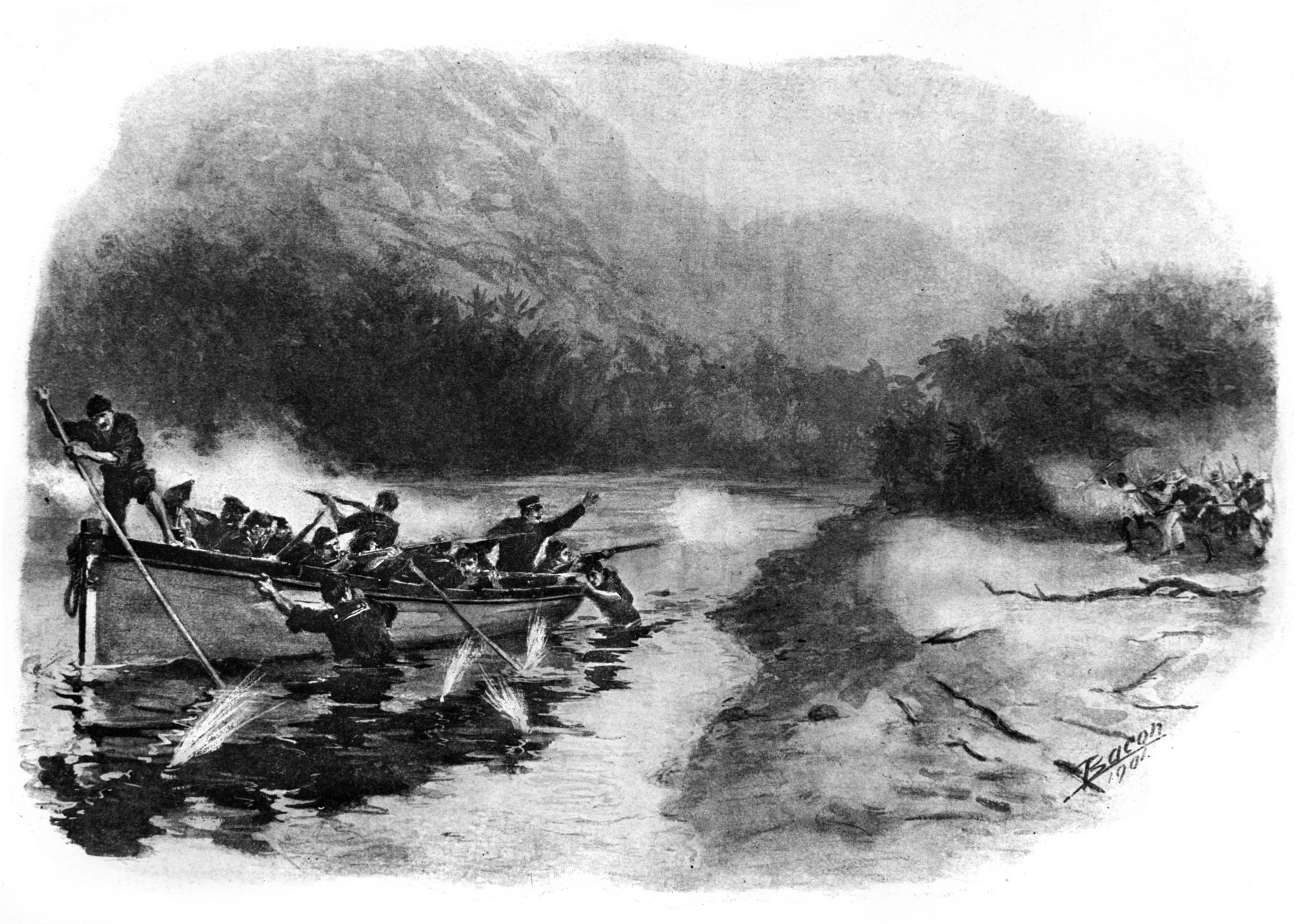
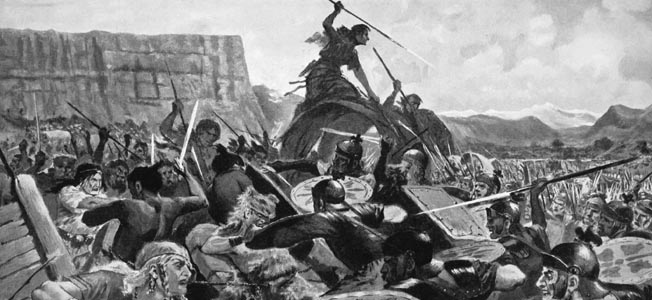

Join The Conversation
Comments